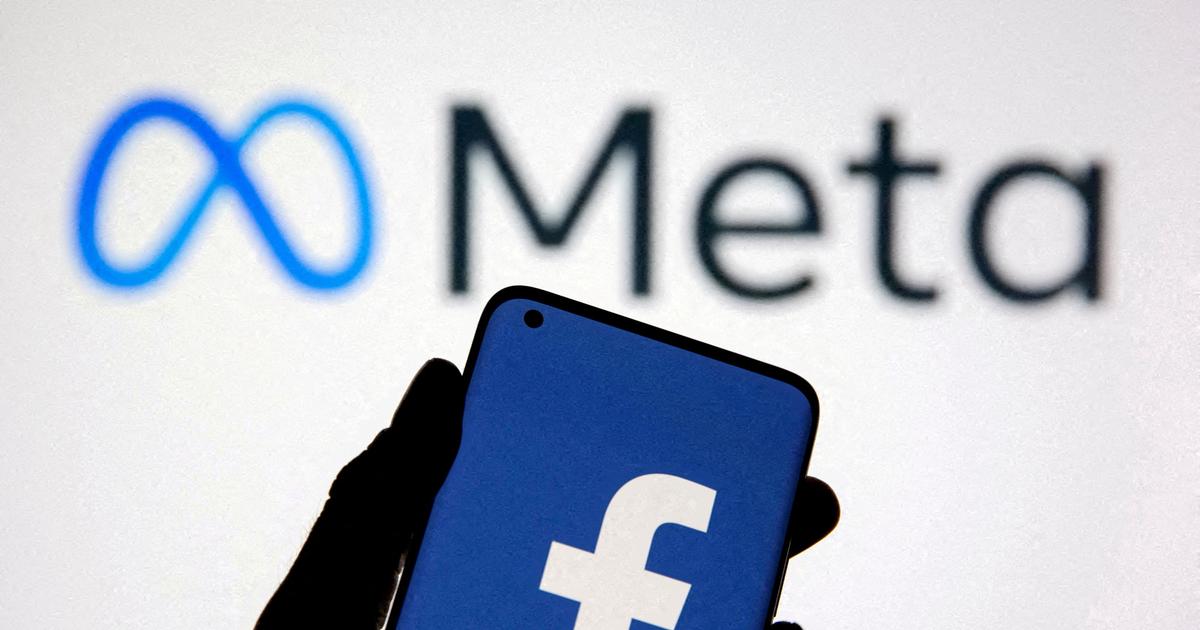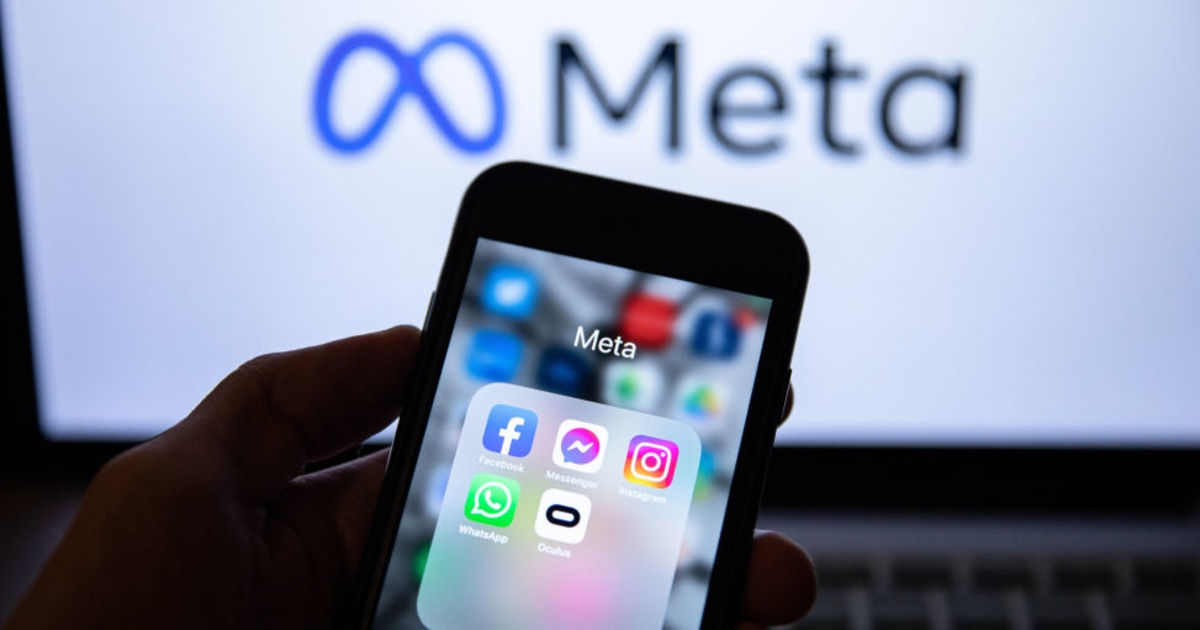“
Piugijara
” to say “
I like
”, “
Uqausiksat
” to “comment” or even “
Saqqitikkannirli
” to “
share
”;
here are the terms now available since July 8 when you switch your Facebook to...Inuktitut, the language of the Inuit of the Canadian Eastern Arctic.
Its parent company Meta worked in collaboration with Nunavut Tunngavik (NTI), the organization representing the Inuit of Nunavut (Canadian territory) to translate the interface into this language.
"
The Inuit, Canadians but not only, are very fond of Facebook, the fact that the social network now ''recognizes'' Inuktitut can't hurt
», reacts Marc-Antoine Mahieu, professor at Inalco and specialist in this language.
"From the start, Meta's narrative has been to connect the world"
An interpretation and translation company launched four years earlier, going hand in hand with the social network's desire to develop its access to specific communities and groups, through the integration of various languages.
For example, as early as 2016, Facebook had developed its accessibility to different languages, particularly from African countries.
Like Fulani, spoken by around 60 million speakers worldwide and which entered the social network the same year.
“
Languages are real challenges for the Meta group.
With these, the goal is to tap on an ever wider acquisition surface
, ”recalls the expert in digital economy and Gafam, Asma Mhalla.
This initiative of the group does not necessarily make it possible to revitalize the languages in question: “
Regarding the Inuktitut language, one can wonder if this change will really contribute to the vitality of the language.
The challenge right now is for young people to continue talking to each other in Inuktitut, rather than abandoning it in favor of English in their oral interactions
,” says Marc-Antoine Mahieu.
The professor adds that this translation concerns only a part of this dialectalized language:
From one region to another, the language is spoken and written differently.
For Facebook, the South Baffin Island dialect was chosen.
This means, concretely, that speakers of other dialects may not recognize themselves in the variety of Inuktitut used by the social network.
»
Read alsoSurprise departure of Sheryl Sandberg, the woman who made the fortune of Facebook
For Asma Mhalla, there is nothing surprising in this unequal conception of translation.
The objective is above all to anchor itself in a discourse, historically carried by the American giant: “
From the start, the story wanted by Meta has been to connect the world with, in reality, more cynical issues behind it.
In particular, that of penetrating markets quickly and shaping them in its image
,” she describes.
She takes as an example the partnership concluded a few years ago with Eutelsat, a French satellite manufacturer, with the aim of developing satellites deploying Internet access in remote regions.
An AI to translate 200 languages
Meta is keen to expand its linguistic universe by other means.
Thus, the group announced on Wednesday July 6, an artificial intelligence (AI) model which it describes
as “unique
”, allowing it to translate 200 different languages.
A translator exceeding the 133 languages translated by its competitor Google translate.
Here again, Meta stands out by positioning itself in favor of languages “
with low digital resources
” such as “
certain African, South-East Asian and Indian languages
”, which it integrates into its online machine translation tool.
"
It's a way to revitalize the group through languages, while it is losing momentum in certain areas of the world
", notes Asma Mhalla.
Read alsoThe metaverse, a 5 trillion dollar opportunity
According to the professor, the Gafam have a very specific political and economic agenda.
As far as Meta is concerned, it concerns the development of its "
metaverse
", the virtual world project developed by its CEO Mark Zuckerberg: "
With the translator, the goal is to integrate this language issue into this metaverse by development.
In order to offer a catalog of ready-to-use languages, in a space that is being shaped
”, she analyzes.
Thus, the group perpetuates its tradition of conquering new markets through the use of languages, hoping to win the bet: "
in this ecosystem, the winner takes all
", she concludes.














